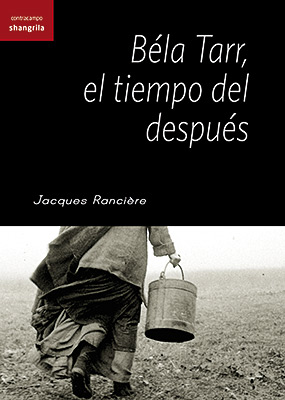Resumen
En el siguiente ensayo nos proponemos perfilar algunos apuntes sobre el último film de Béla Tarr, El caballo de Turín (2011), que ha sido frecuentemente mal interpretado al ser catalogada como la película del fin de los tiempos, donde ya no cabe ninguna esperanza. Al contrario, y apoyándome en la obra de Jacques Rancière, apuntaré que este último film no debe mirarse —que no verse— como el cierre de un círculo, es decir, como la exposición de un presente que no espera ya ningún futuro, más bien debe interpretarse como la imposibilidad de un regreso. La última película es una más, y el círculo que cerró el director húngaro por el hecho de filmar su última película seguirá siempre abierto. Así, al finalizar los apuntes sobre El caballo de Turín, realizaré una breve crítica a la obra de Jacques Ranciére, El tiempo del después, profesor emérito de estética y filosofía en la Universidad París-VIII.
Abstract: In the following essay we propose some notes on Béla Tarr’s last film, The Turin horse (2011), which has been frequently misunerstood on having been catalogued as the movie of the end of time, where already it does not fit any hope. Quite on the contrary, and resting on Jacques Rancière’s work, I will aim that the latter film must notlook - that does not turn - as the closing of a circle, as the exhibition of a present that does not wait already for any future, rather it must be interpreted as the impossibility of a return. The last movie is one more, and the circle that the Hungarian director closed for the fact of filming his last movie will always remain opened. At least, after I have finished the few notes on The Turin horse, I will realize a brief critique to Jacques Ranciére’s work, Béla Tarr, le temps d’après (2012), emeritus teacher of aesthetics and philosophy in the University Paris VIII, Vincennes Saint-Denis.

